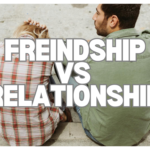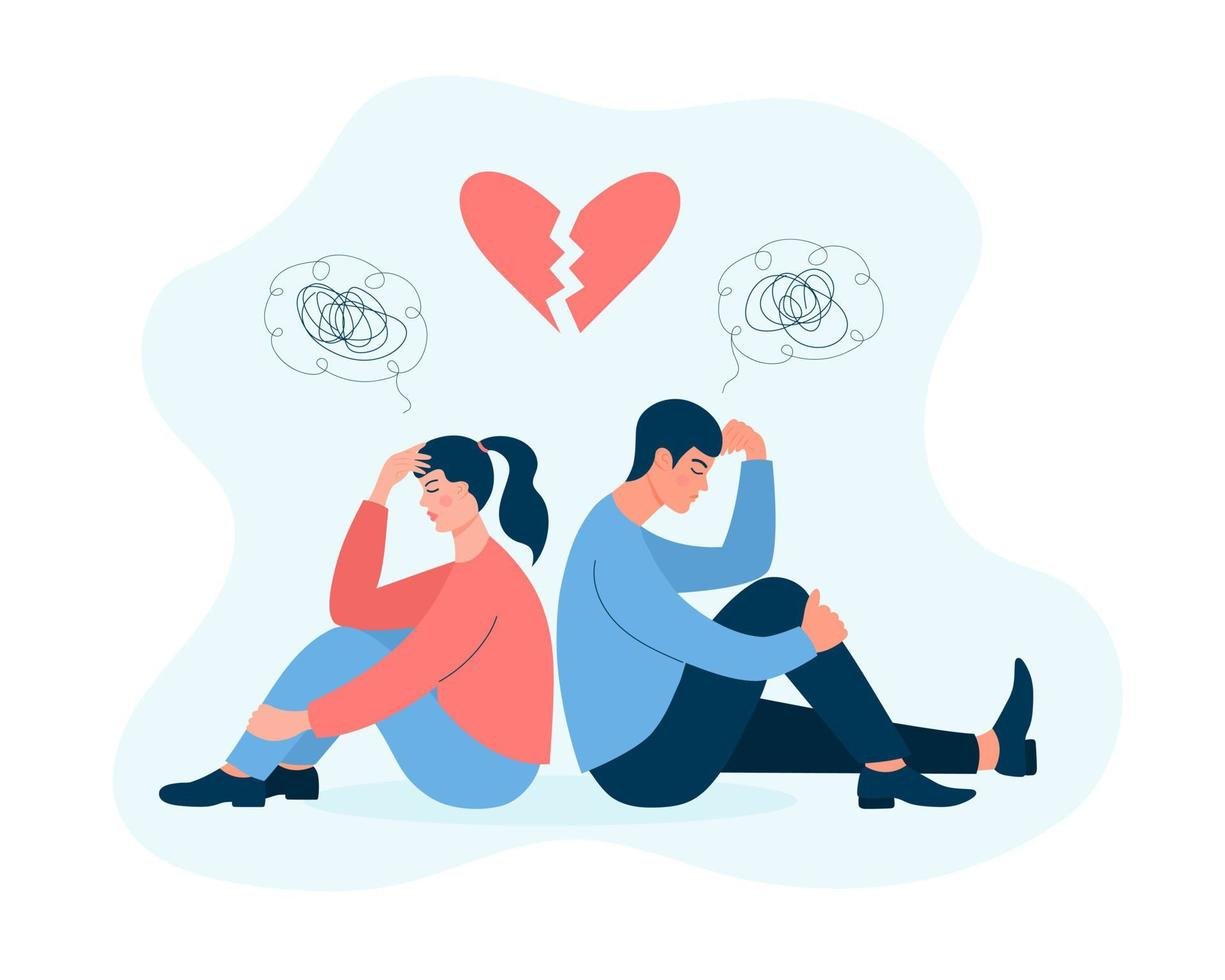Gaslighting is a form of emotional abuse where a person manipulates the other person’s thinking and makes them feel self-doubt about their way of thinking and reality. The manipulator tries to break the confidence of the victim and make them feel anxious, confused, and unable to trust themselves. This term comes from a 1938 play and 1944 film “Gaslight” where the husband manipulates the wife into thinking that she has a mental illness. In a relationship, gaslighting can involve different tactics like denying, misdirection, misinterpretation, non-transparency, lying, etc. Today, we’ll write about some examples of gaslighting, how gaslighting impacts you, and how you can save yourself from it.
Here are some examples of Gaslighting:
- Denial of Reality: “That never happened! It’s all just in your head. You’re just imagining things,” even though the victim actively remembers the situation very clearly.
- Minimizing Concerns: “Stop thinking about this. You’re just too sensitive. You’re overreacting. It’s not a big deal,” by saying these types of things, the manipulator dismisses the victim’s concerns as unimportant and makes them feel foolish by putting them into self-doubt.
- Shifting Blame: Gaslighters often make others responsible for their actions. They portray themselves as a reactor to the victim’s action. For example: “I did that because you said that. If you hadn’t done that, I wouldn’t have done this.”
- Creating Confusion: “I never said that. I said the other thing. I didn’t mean it. It’s you who overanalyzes things.” They will make you feel so insecure that you will start to feel like maybe it was your fault that you don’t remember the actual incident or you couldn’t do the right thing.
- Projection: “You are the one who is causing problems, not me. You started doing that, and that is the reason for this situation.” The Gaslighter is never ready to accept his/her guilt. They will only blame the victim for every problem.

How Does Gaslighting Impact You?
Gaslighting is a method of controlling someone by breaking their confidence and questioning their existence. It begins gradually in the relationship. The Gaslighter gains trust slowly. Normally at the beginning of the relationship, there is no abusive behavior or control over the other person. At this stage, the Gaslighter makes the other person completely dependent on him/her. And after that honeymoon period has finished, the abusive behavior starts to begin. Gaslighting significantly damages a person’s mental health and emotional well-being. It makes the person doubt their own perception, memories, and feelings. Here are some ways in which it might impact you:
- Doubt & Confusion: As said before, it will make you confused about your reality and the way you see the world. It can make you doubt your feelings, emotions, perception of life, and feelings.
- Low Self-Esteem: A Gaslighter often compares the victim with others. In my case, my ex often used to compare me with her ex and some random friend of hers. Her ex used to do this and that, her ex used to understand her better, her friend did that for his wife, etc. No matter how good you are, once you are in comparison with others, you will start to lose your self-esteem.
- Anxiety & Stress: Living with lower self-esteem day after day will cause you anxiety and stress. It will make you struggle to make sense of your experience.
- Self-Blame & Isolation: The victim may internalize the belief that they are the problem which leads them to guilt and self-blame. And for this reason, it might lead the victim to isolation and loneliness.
- Depression & Trauma: The cumulative effects of gaslighting, confusion, low self-esteem, anxiety, and isolation might create a traumatic environment in the victim’s head. And this can lead the victim to depression and hopelessness.

How Can You Save Yourself?
- Maintain Distance from Such People: Set clear boundaries with those people who gaslight you. Communicate within the boundary as your needs. Do not engage in any manipulative conversation and do not get influenced by their love-bombing.
- Respond in Different Ways: When they start the type of conversation that makes you feel low, just avoid it. And if they forcefully want to keep the conversation, tell them straight, “You might think that way, but my perception is completely different from yours. I respect your perception and mine too.”
- Trust Your Instincts: Trust your own feelings and perception. No matter how others try to question your reality and try to manipulate you. If something doesn’t feel right, don’t force yourself to do that. Value your intuition.
- Limit Contact: I know it is hard to do so for some people. Because the Gaslighters were a big part of your life. You were dependent on your happiness with those people, but now you have no choice but to limit your contact and start the detachment process slowly. Limit your exposure to the Gaslighters and stay away from the toxic relationship. Cut off all the contact if necessary.
- Seek Help & Practice Self-Care: Seeking help can be from anyone, a friend, family members, therapist, or anyone in general who you can trust. Take care of your physical and mental well-being. Engage yourself in activities that motivate you, give you fun, and relaxation.
Lastly, we want to say don’t give people so much power that they put you in self-doubt. Cause you deserve to trust yourself.












One thought on “What is Gaslighting, Examples & How to Get Out of It”